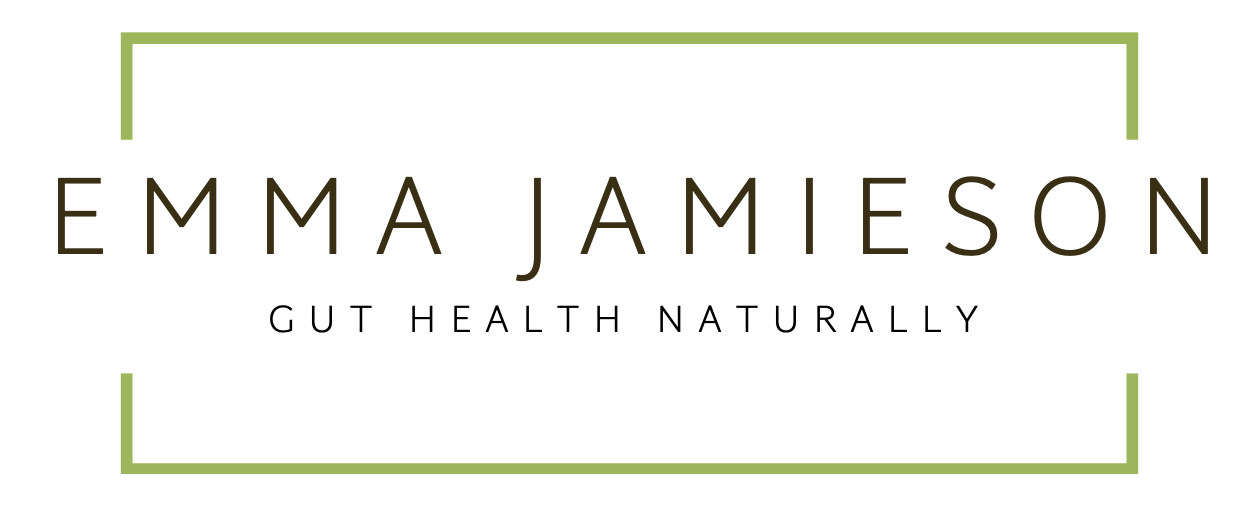Protein is an essential macronutrient that plays a crucial role in maintaining overall health, especially as we age. It is not only vital for building and repairing tissues but also supports immune function and helps maintain a healthy gut. In this blog post, we will delve into why protein is so important for our health, what a good daily intake of protein looks like, as well as the best sources of protein.
Protein and gut health
Protein plays a significant role in maintaining a healthy gut. The gut relies on a balanced intake of amino acids (the building blocks of protein) to support the growth and repair of the intestinal lining. Additionally, certain amino acids, such as glutamine and arginine, help nourish and strengthen the gut lining, supporting gut barrier function and reducing the risk of developing a leaky gut.
Protein for healthy ageing
As we get older, our bodies undergo various changes, including a natural loss of muscle mass and decreased bone density. Adequate protein consumption becomes crucial to mitigate these age-related effects. It is essential for maintaining muscle strength, supporting bone health, and promoting a healthy metabolism. It also helps preserve lean muscle mass, which can help prevent falls, fractures, and frailty often associated with ageing.
In addition to these benefits, there are several other important reasons to consume adequate amounts of protein. They include:
Muscle recovery and repair: Protein plays a vital role in muscle recovery and repair, making it an important nutrient for individuals who are physically active or engage in regular exercise. When we exercise, our muscles undergo stress and damage, and consuming protein post-workout helps to rebuild and repair these tissues.
Weight management: Including protein-rich foods in your meals can be beneficial for weight management. It has a higher thermic effect compared to carbohydrates and fats, meaning that it requires more energy to digest and metabolise. Additionally, protein-rich foods can help you feel fuller for longer, reducing cravings and overall calorie intake.
Blood sugar control: Protein can help stabilise blood sugar levels by slowing down the digestion and absorption of carbohydrates. When consumed with carbohydrates, it can prevent rapid spikes in blood sugar levels. In turn this promotes more stable energy levels throughout the day and reducing the risk of developing insulin resistance or type 2 diabetes.
Hormonal balance: Many hormones in our bodies are made up of amino acids. Adequate intake is therefore essential for supporting hormone production and maintaining hormonal balance. This is particularly important for women during different life stages, such as pregnancy, menopause, and menstruation.
Wound healing: Protein is crucial for proper wound healing. It supports the synthesis of collagen, which is a key component of connective tissues and promotes the healing process. Including sufficient amounts in your diet can help speed up recovery and improve wound healing.
How much should we eat each day?
The recommended daily intake varies depending on factors such as age, sex, weight, and activity level. However, a general guideline for adults is to aim for a minimum of 0.8-1.2 grams of protein per kilogram of body weight. For example, a sedentary woman weighing 68 kilograms would aim for at least 54 grams per day. Here’s an easy calculator you can use to calculate your daily requirement based on your age, weight, height and activity levels.
Alternatively, a good rule of thumb is to aim for a palm-sized portion of protein with each meal.
What are the best sources of protein?
Animal sources: Meat, poultry, fish, seafood, eggs, and dairy products are excellent sources of complete proteins, containing all the essential amino acids our bodies require.
Plant sources: These include legumes (beans, lentils, chickpeas), tofu, tempeh, edamame, quinoa, seeds and nuts. As plant sources don’t contain the full range of essential amino acids, it’s important to combine different foods to ensure consumption of all the amino acids that our bodies need. For example, pairing lentils or chickpeas with brown rice, or houmous with a wholemeal pitta bread.
In conclusion…
Protein is a vital component of a healthy diet, particularly as we get older. Its benefits extend beyond muscle and bone health, playing a significant role in supporting gut health and overall wellbeing.
Pairing good amounts of protein with vegetables, fruits, whole grains, healthy fats, and adequate hydration, is a solid base for a good diet!


 Does exercise impact gut health?
Does exercise impact gut health?